20 February 2025
Off-roading—it's exhilarating, rugged, and the perfect way to escape the hustle and bustle of the city. But hold on a second. When we think of off-roading, most of us picture big, beefy trucks, roaring engines, and dirt flying everywhere. But what if I told you that electric vehicles (EVs), those sleek, quiet, and tech-packed machines, are starting to dip their toes into the off-road scene? Yep, you heard that right! Electric vehicles, the same ones that glide through city streets without a sound, are gearing up for some serious off-road action.
But the big question looms: Can electric vehicles handle off-road adventures? Let’s dive into the nitty-gritty of EVs and see if they can rise to the challenge.
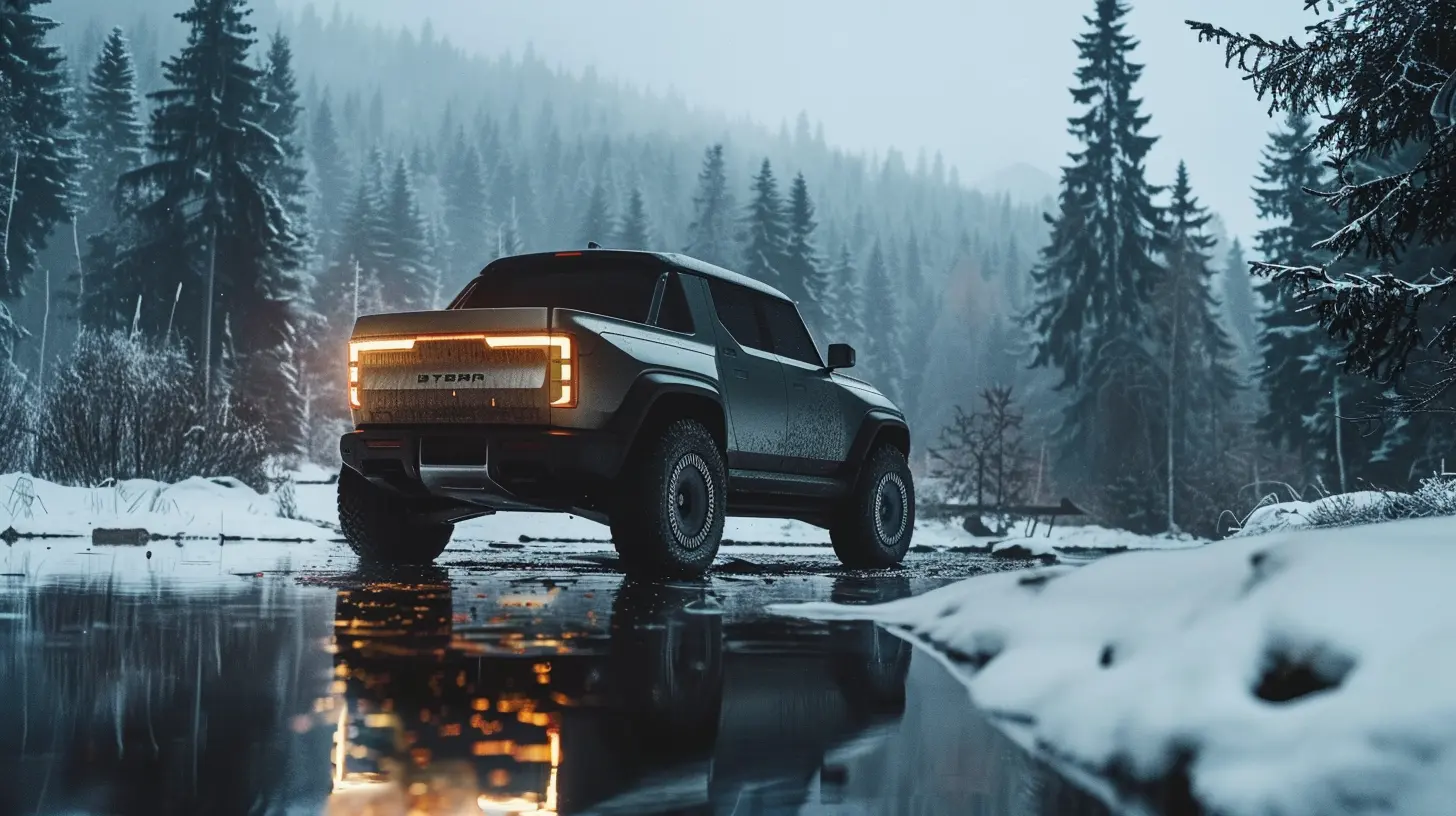
The Evolution of Electric Vehicles
Before we get into the thick of it, let’s give credit where it’s due. Electric vehicles have come a long way. Not too long ago, EVs were seen as the car of choice for the eco-conscious urban dweller—perfect for zipping around the city but not exactly known for their adventurous spirit.However, EVs have evolved. Today’s electric vehicles are faster, more powerful, and packed with cutting-edge technology. And with companies like Tesla, Rivian, and Ford entering the scene with electric trucks and SUVs, the idea of taking EVs off the beaten path doesn’t seem so far-fetched anymore.
But let's not get ahead of ourselves. Off-roading isn't just about power and speed. It’s about endurance, control, and the ability to tackle unpredictable terrains. So, can EVs really handle all that? Let's break it down.
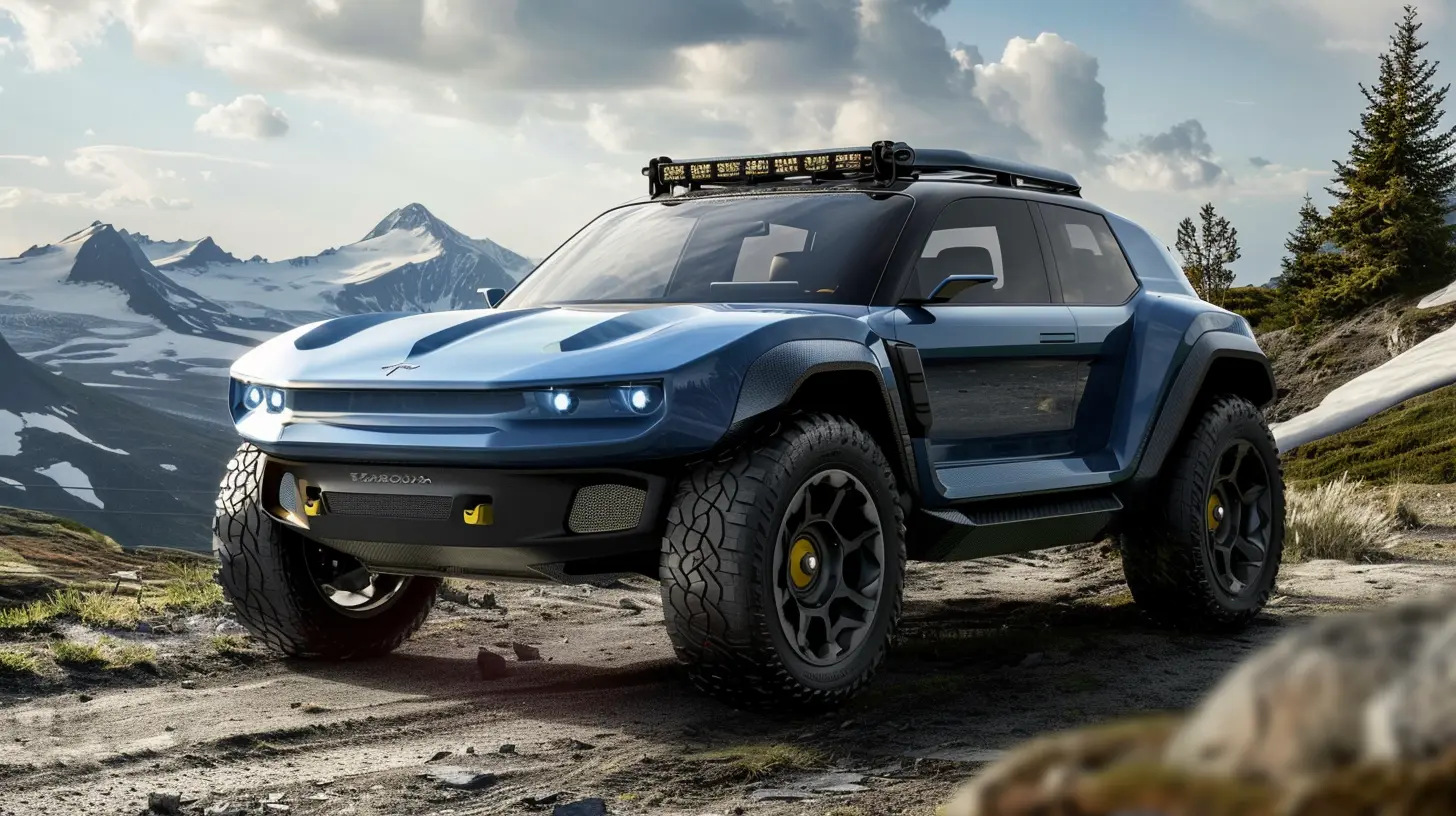
The Power of Torque: A Game-Changer for Off-Roading
If there’s one thing EVs have going for them when it comes to off-roading, it's torque. And lots of it.In traditional gasoline-powered cars, achieving maximum torque requires revving the engine to a certain RPM. But electric motors? They deliver maximum torque from the moment you hit the accelerator. That’s instantaneous power! For off-roading, where you need precise control to navigate rocky terrains, steep inclines, or muddy paths, this is a huge advantage.
Think of torque as the muscle that helps you climb a steep hill, push through deep mud, or crawl over rocks. With electric vehicles, that muscle is always ready to flex, giving you the control and power you need without the delay you might experience with a gas-powered vehicle.
So, if you’re out in the wilderness and need to make a quick climb or get out of a sticky situation, an electric vehicle could be just the thing to save the day.
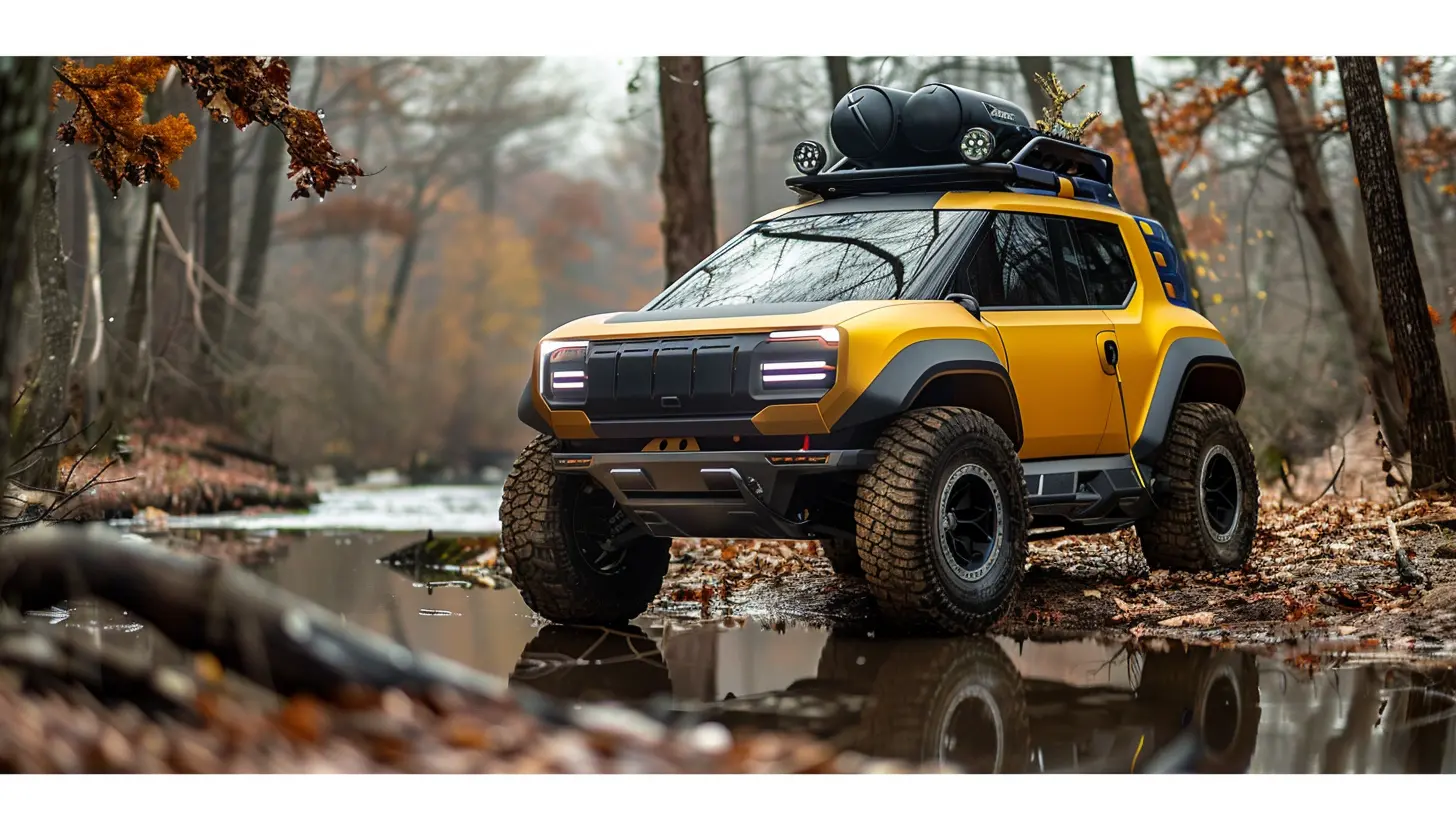
Battery Life: The Elephant in the Room
Alright, let’s address the elephant in the room—battery life. We can’t talk about off-roading without discussing range anxiety. Off-roading often means going off the grid, where charging stations are as rare as a unicorn sighting. So, can an EV handle a full day of off-roading without running out of juice?Here’s the deal: EVs have a limited range. While some newer models boast impressive ranges of 300+ miles, off-roading can put a serious dent in that number. Rough terrains, steep inclines, and inconsistent speeds can drain your battery faster than cruising on a smooth highway.
However, it's important to note that manufacturers are already working on solutions. Companies like Rivian, for example, are building vehicles with large battery packs specifically designed to handle outdoor adventures. Some EVs are also equipped with regenerative braking, which helps recharge the battery as you descend hills or slow down. It’s not a magic solution, but it certainly helps.
And let's not forget about portable charging solutions. In the future, we could see off-roaders carrying portable solar panels or battery packs to extend their range. While this isn't the norm yet, it’s an exciting prospect for adventure-seekers.

Ground Clearance and Suspension: The Backbone of Off-Roading
When you're off-roading, you need to be able to tackle uneven terrain, steep hills, and deep ruts without bottoming out. Ground clearance and suspension are critical here.Many electric vehicles, particularly those designed for off-roading, come with adjustable air suspension systems. This allows the driver to raise or lower the vehicle based on the terrain. For example, the Rivian R1T, one of the most talked-about electric trucks, has a ground clearance of up to 14 inches, which is higher than many traditional off-road vehicles. That’s more than enough to clear most obstacles you’d encounter on a trail.
Additionally, the flat design of EVs, thanks to the battery being located on the bottom, gives them a low center of gravity. This results in better stability, especially when you're navigating steep or uneven paths. It's like having your weight perfectly balanced, making it less likely you'll tip over on tricky terrain.
Water Fording: Can EVs Cross Rivers?
Off-roading sometimes involves water crossings. So, can electric vehicles handle getting wet? Surprisingly, the answer is yes!Electric vehicles are designed to handle water better than you might think. Since there’s no air intake (like in gas-powered vehicles), you don’t have to worry about water getting into the engine. Many electric trucks, like the Rivian R1T, are even designed to ford through water up to 3 feet deep. So, if your off-road adventure takes you across a shallow river, an EV can handle it.
That being said, always exercise caution. Water can still damage critical components if you're not careful, and deep water crossings can pose a risk, just like they would with any vehicle.
Weight: A Blessing and a Curse
EVs are heavy. That massive battery pack that gives you all that range and power? It weighs a lot. For off-roading, weight is both a blessing and a curse.On the plus side, the added weight gives electric vehicles more traction, particularly in muddy or slippery conditions. The low center of gravity (thanks to the battery placement) also helps with stability, making it less likely for the vehicle to roll over on uneven terrain.
On the downside, that weight can be a problem in certain situations. For example, in deep sand or loose gravel, a heavier vehicle can sink or get stuck more easily. Additionally, more weight means the vehicle needs to work harder to climb steep hills, which can drain the battery faster.
Quiet Operation: A Double-Edged Sword
One of the coolest things about electric vehicles is how quiet they are. No roaring engine, just the gentle hum of the electric motor. For off-roading, this can be both a pro and a con.On the plus side, the quiet operation of EVs means you can enjoy nature without the constant roar of an engine. Imagine cruising through a forest and hearing nothing but the birds and wind. It’s a peaceful, almost meditative experience.
But there’s a downside too. When you're off-roading, especially in remote areas, a noisy engine can serve as a warning to wildlife or other off-roaders. With an EV, you might find yourself sneaking up on animals or even other vehicles unintentionally, which could lead to some awkward or even dangerous encounters.
Charging Infrastructure: A Work in Progress
Let's face it: the biggest challenge for off-roading in an EV is the lack of charging infrastructure in remote areas. Off-roading often takes you far away from civilization, and while EV charging stations are becoming more common in urban areas, they’re still rare in the wilderness.That said, some parks and off-road trails are beginning to install charging stations. And as EVs continue to grow in popularity, it’s possible that we’ll see more off-road-friendly charging options in the future.
There’s also the possibility of solar-powered chargers or mobile charging units. It might not be a reality just yet, but it’s on the horizon.
The Future of Off-Roading with EVs
So, can electric vehicles handle off-road adventures? The short answer: Yes, they can, but with some limitations.Electric vehicles offer some incredible advantages for off-roading. Instant torque, adjustable suspension, and quiet operation are all features that make EVs well-suited for tackling challenging terrain. However, range anxiety and the lack of charging infrastructure remain significant hurdles.
EVs like the Rivian R1T, Tesla Cybertruck, and Ford F-150 Lightning are already proving that electric vehicles can hold their own in demanding off-road environments. And as battery technology improves and charging infrastructure expands, the future looks bright for off-road enthusiasts who want to ditch fossil fuels in favor of electric power.
In the end, if you're an off-roading enthusiast looking to go electric, you’ll need to plan your adventures carefully and be willing to adapt. But the future of off-road EVs is full of exciting possibilities, and we’re just getting started.





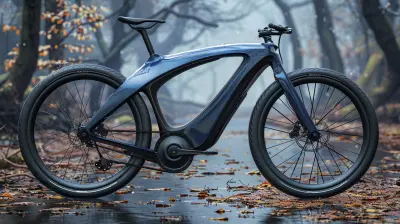
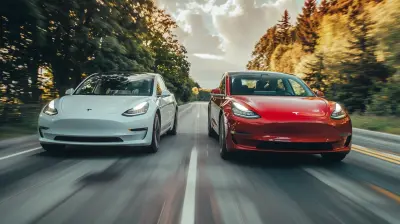




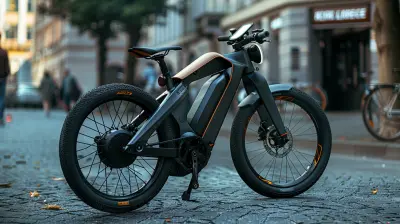
Zayla McGehee
Electric vehicles excel off-road with the right features!
March 28, 2025 at 11:30 AM